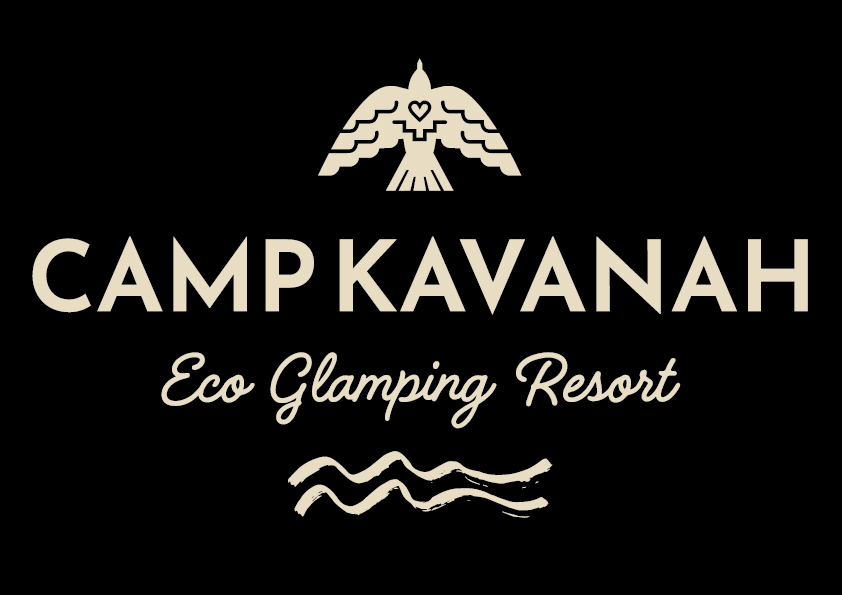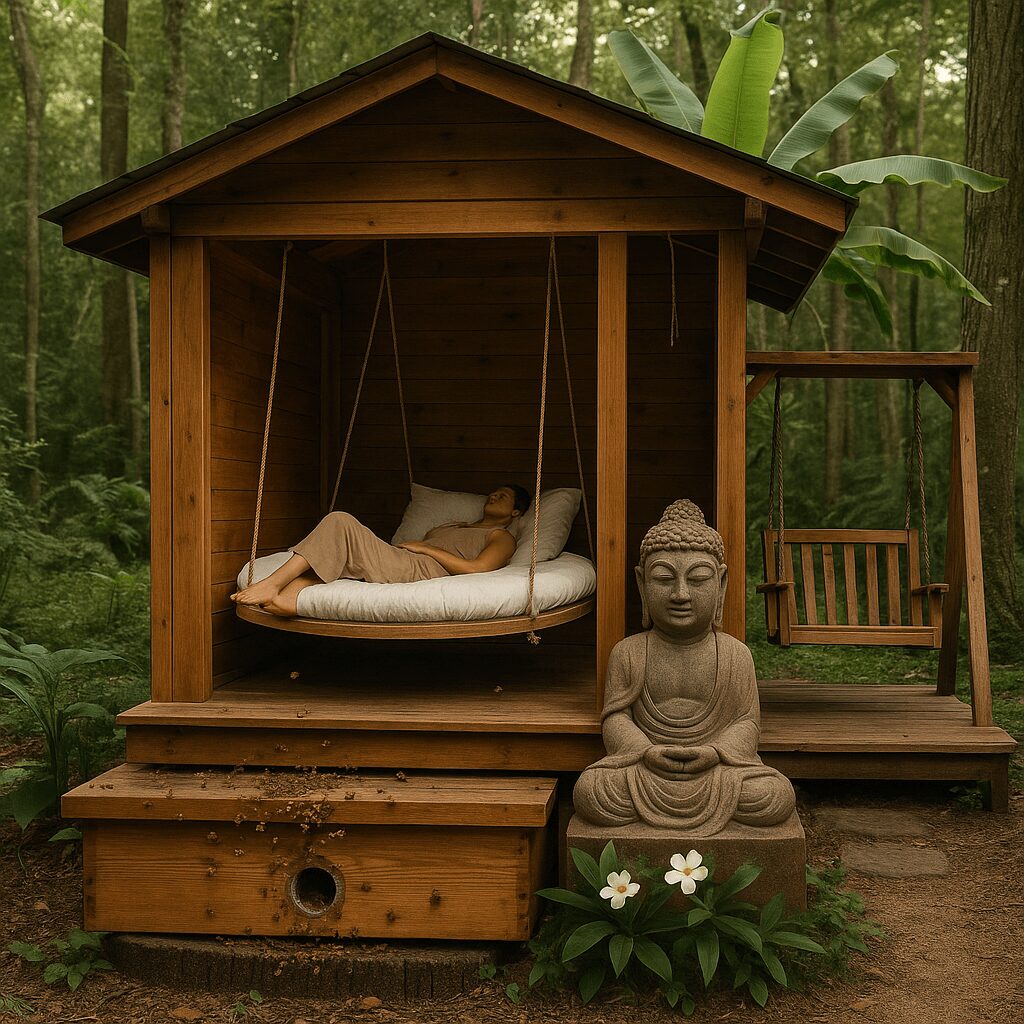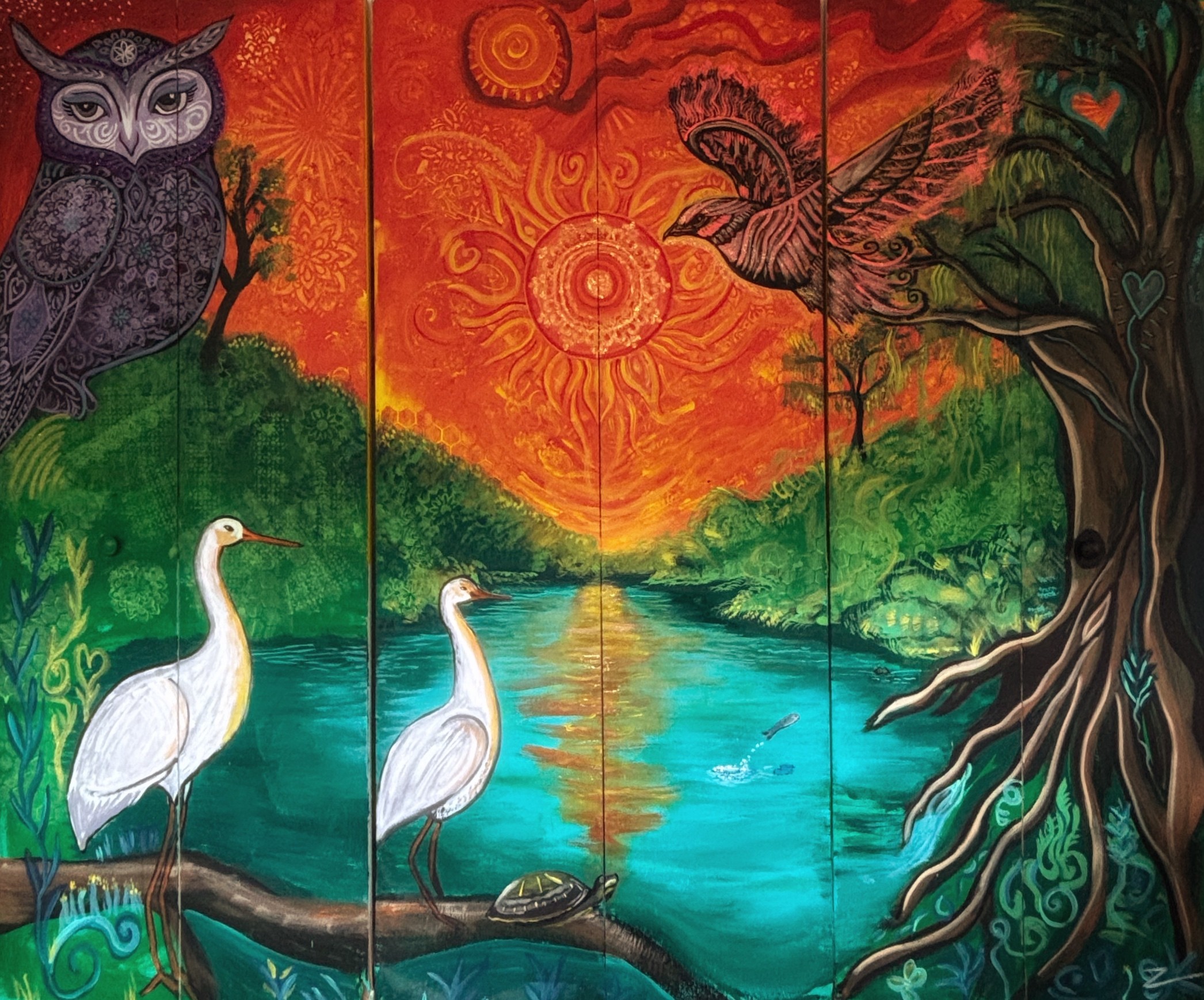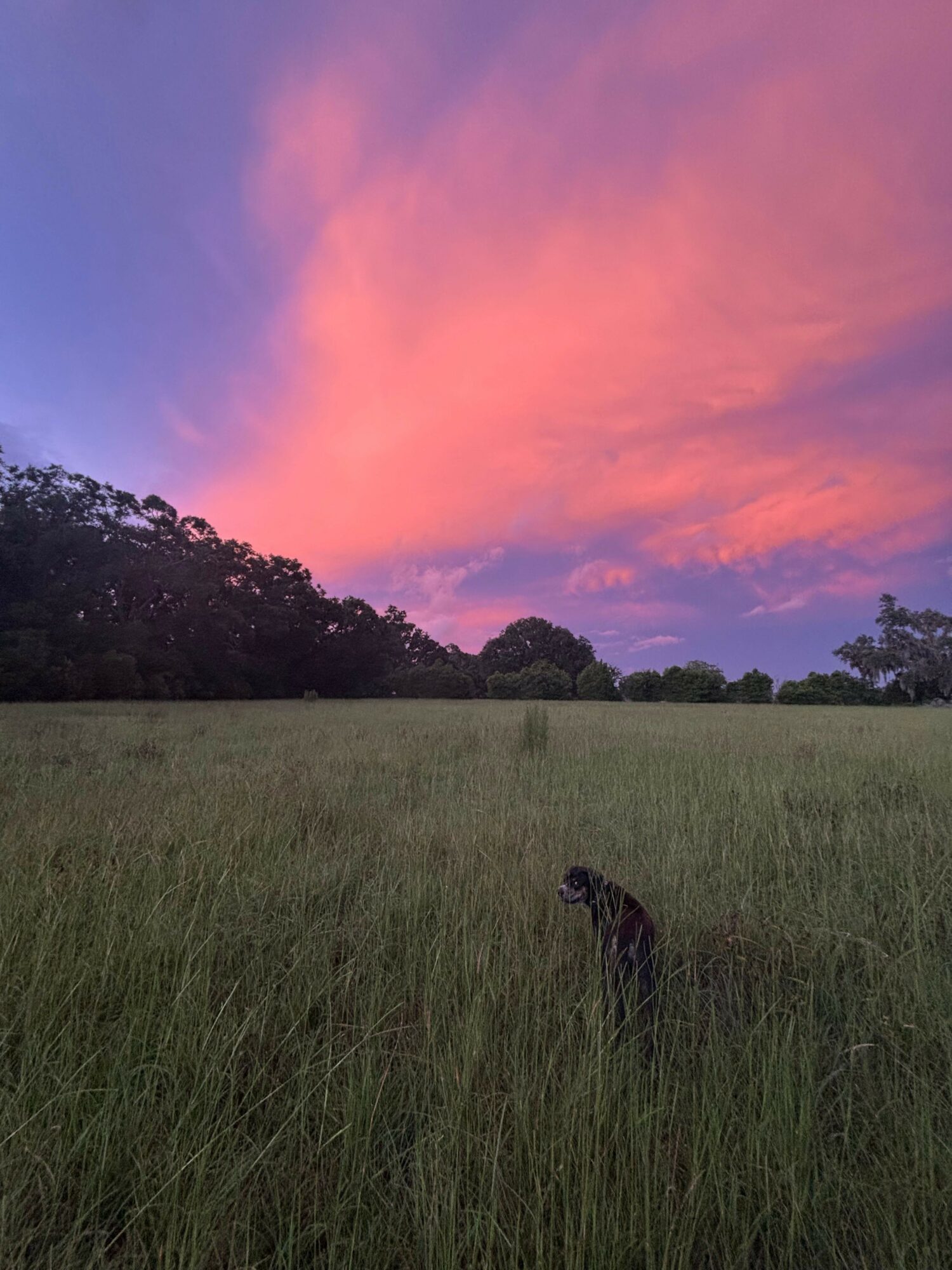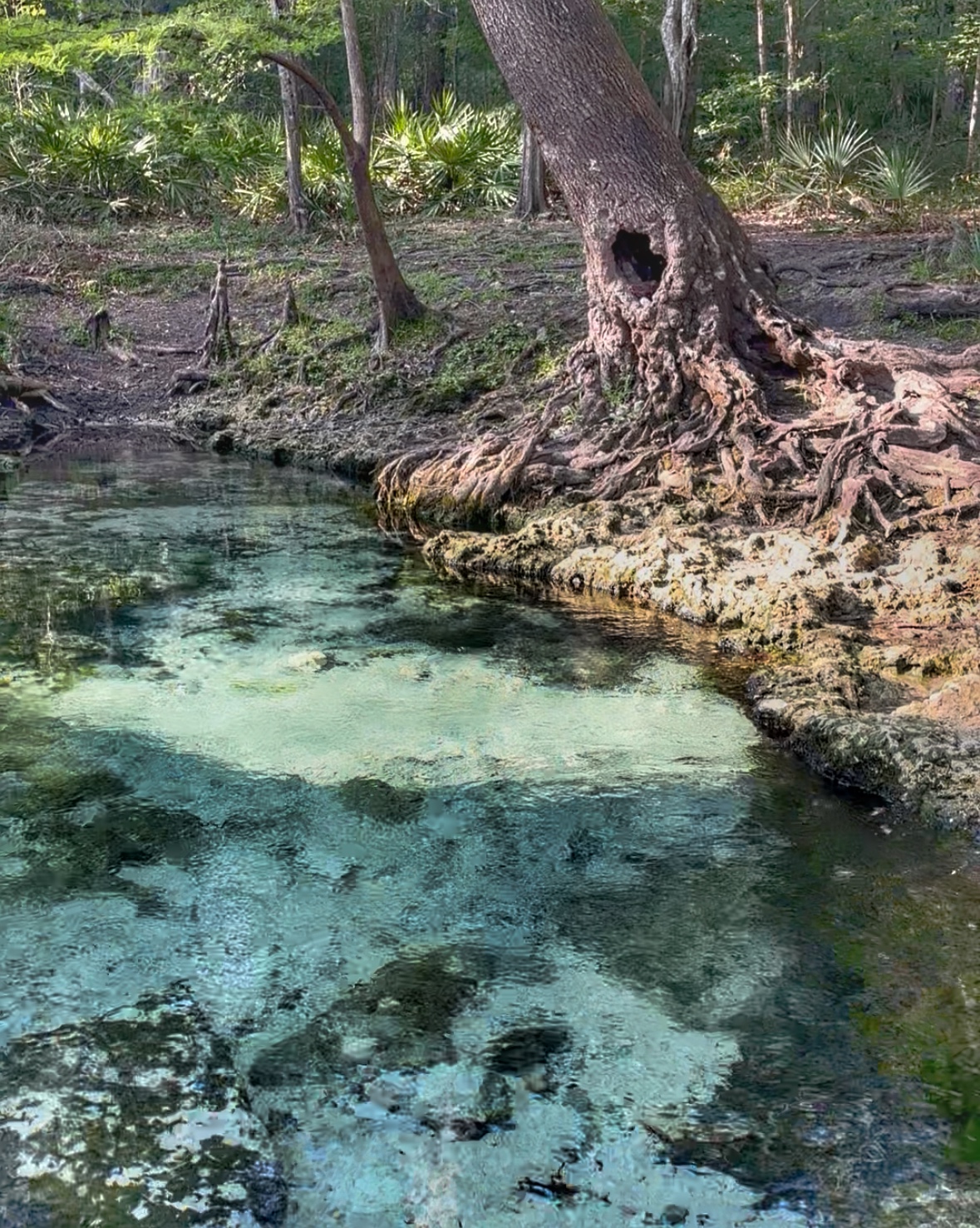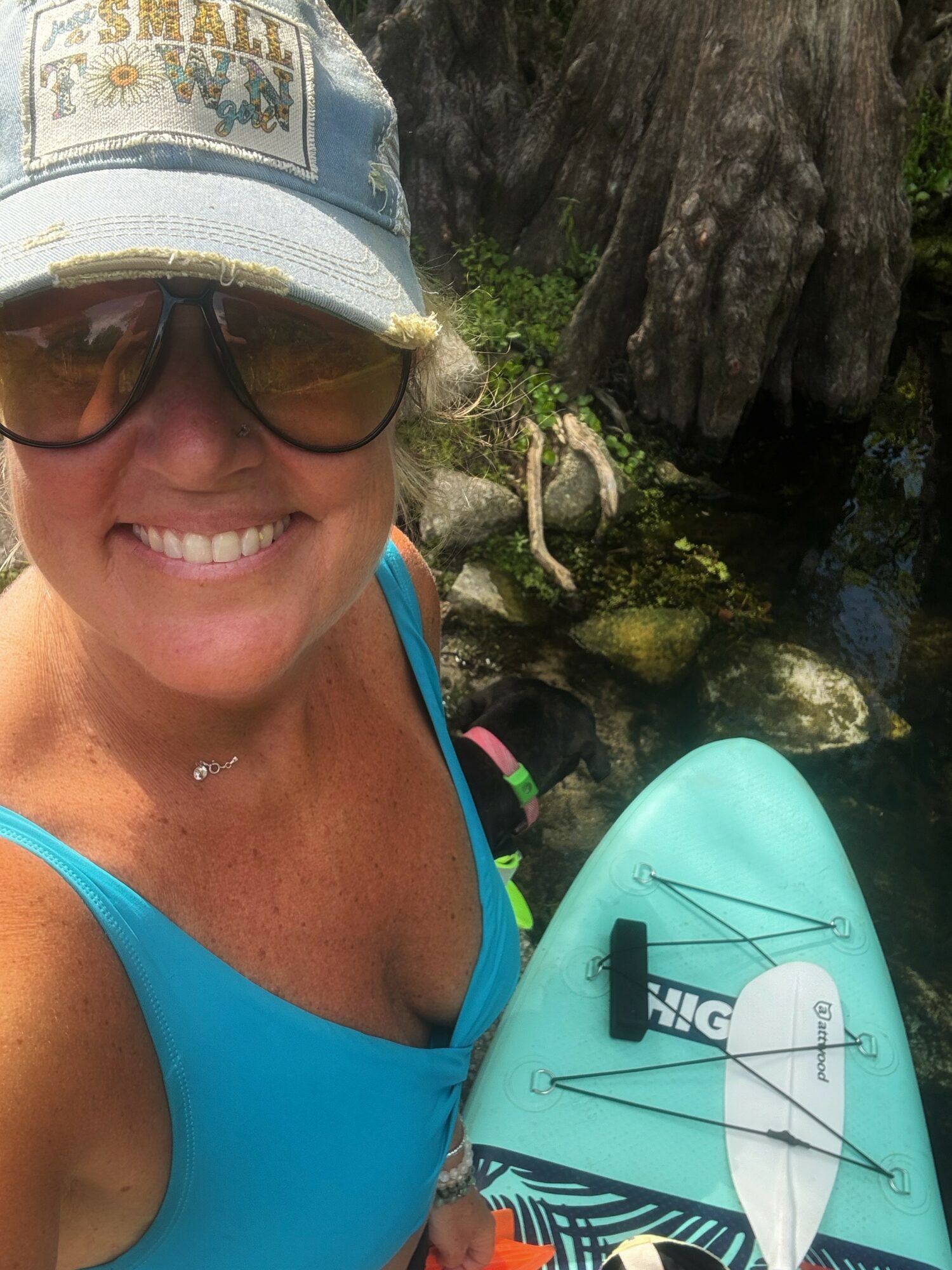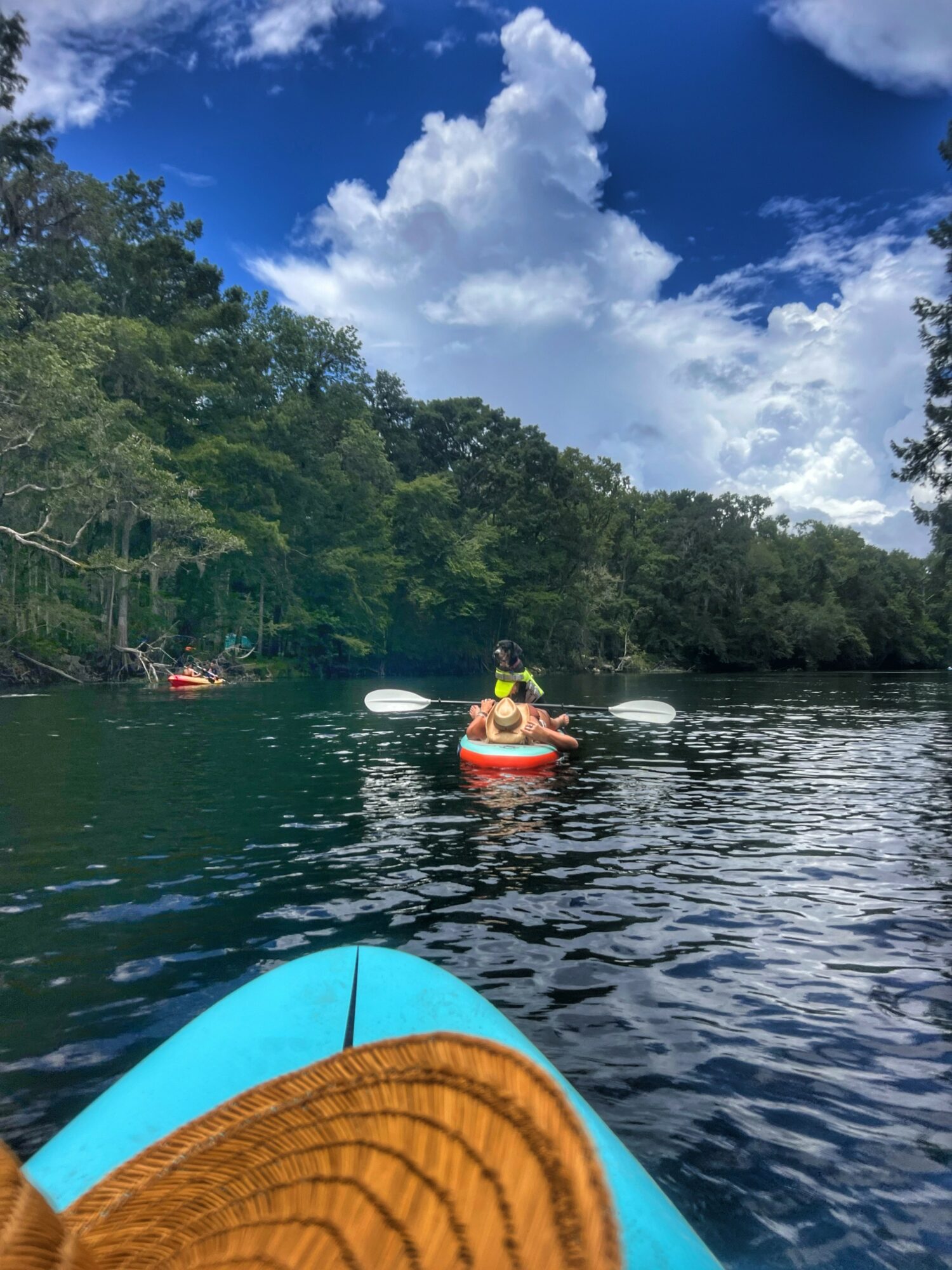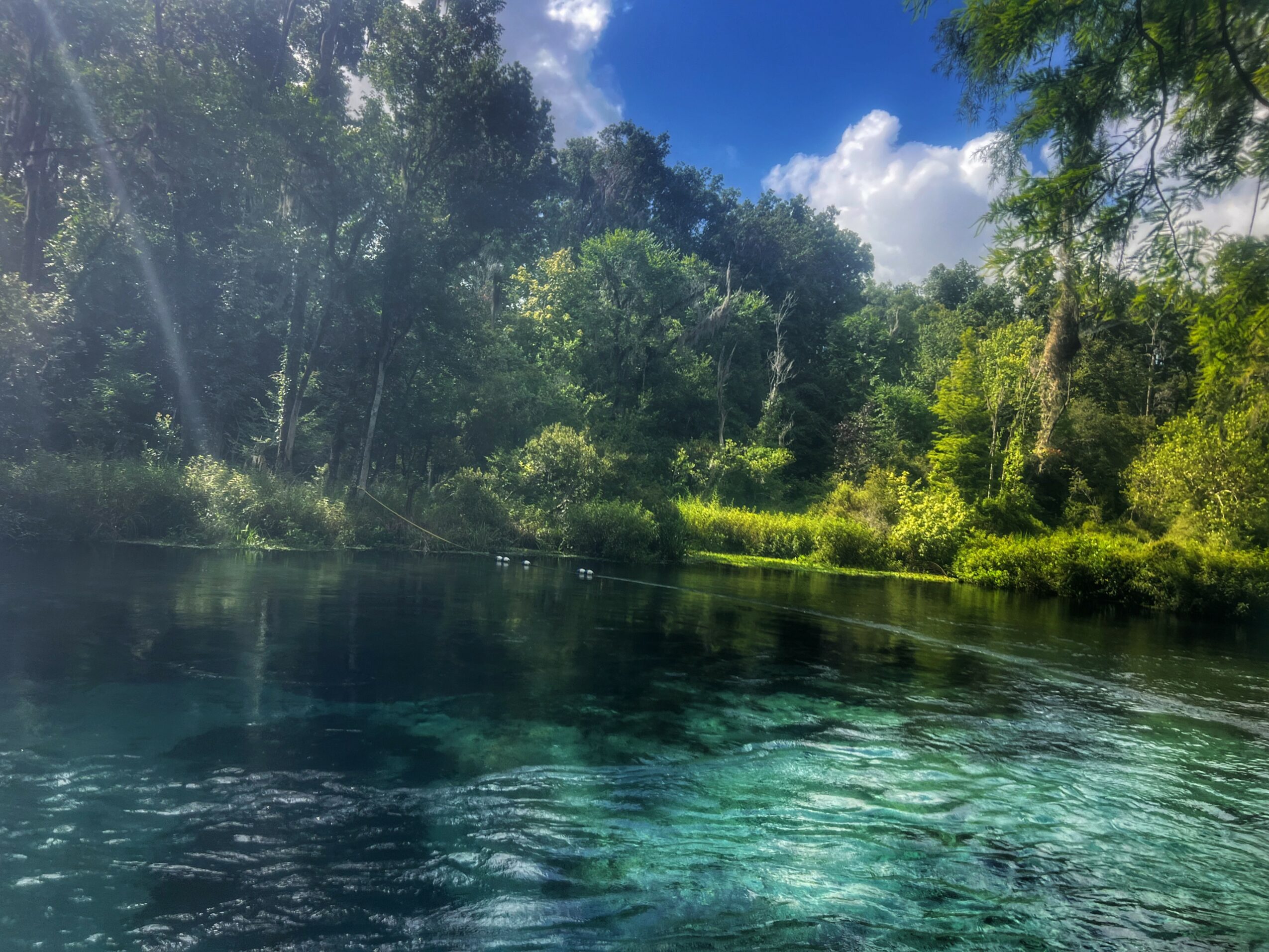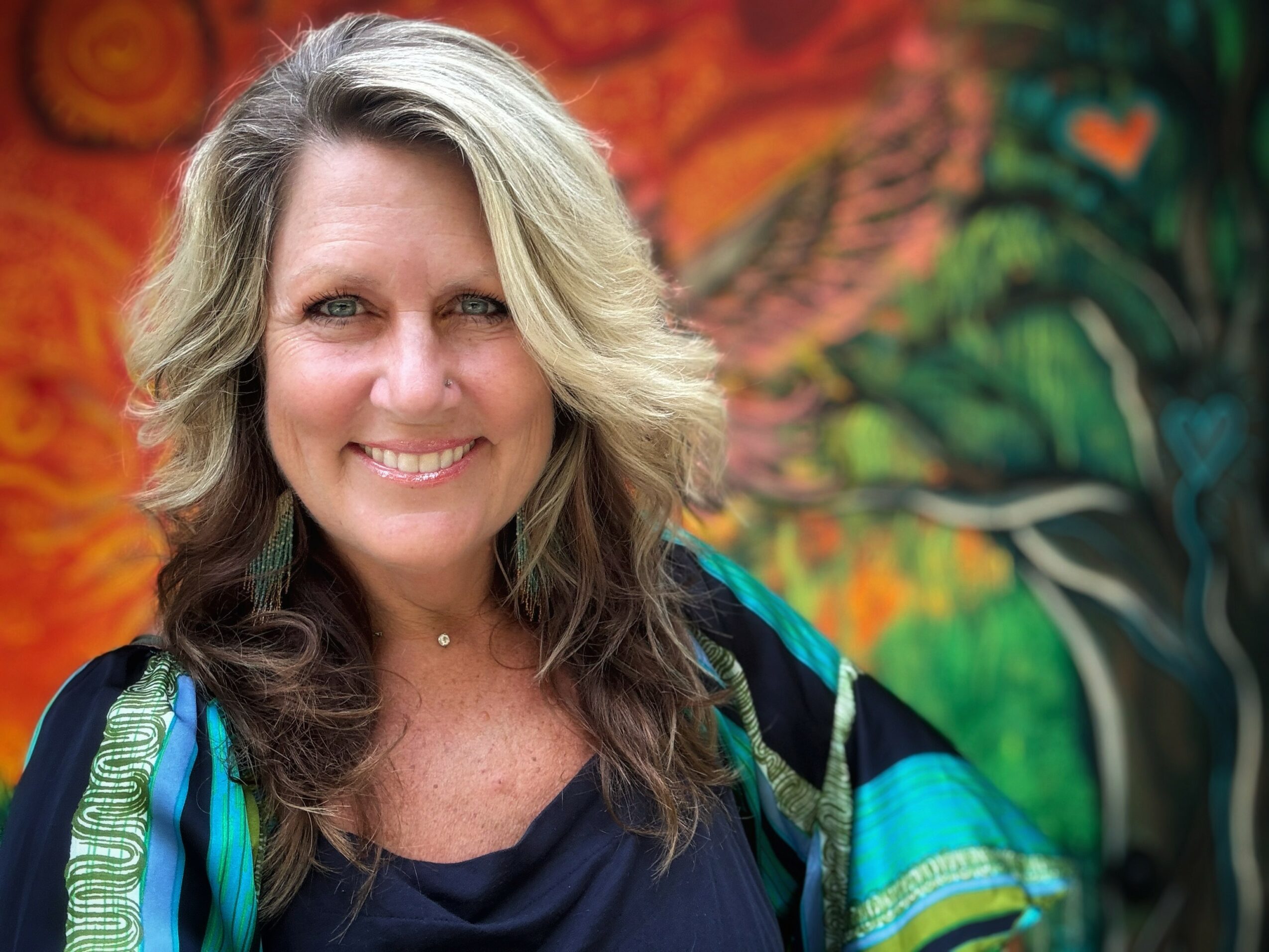

We recently had the chance to connect with Zan Kavanah and have shared our conversation below.
Hi Zan , thank you for taking the time to reflect back on your journey with us. I think our readers are in for a real treat. There is so much we can all learn from each other and so thank you again for opening up with us. Let’s get into it: What makes you lose track of time—and find yourself again?
Painting… opens up the channels so I can be in the consciousness of allowance.
Can you briefly introduce yourself and share what makes you or your brand unique?
My name is Zan, and I’ve spent much of my life exploring the art of manifestation, intention, and conscious living. My path has taken me through entrepreneurship, media creation, and deep studies in spiritual science—from launching a water company inspired by Dr. Emoto’s research to producing a television series on intentional communities called Intentional Community Evolution.
At the core of everything I do is a deep love for creating spaces—physical and energetic—that invite people into presence, joy, and transformation. My latest creation, Camp Kavanah, is the culmination of that life’s work. Nestled in the magical mineral springs of High Springs, Florida, Camp Kavanah is not just an eco-resort or a glamping site. It’s an adult playground of joy—a frequency chamber where people can reconnect with their inner child, remember who they are, and experience profound shifts through play, nature, and community.
The name “Kavanah” means “intention” or “direction of the heart.” And that’s exactly what this project is: an intentional creation space seeded with clarity and love, offering beauty, play, and spaciousness for people to rest, reflect, and remember the power they hold.
Whether it’s paddleboarding through spring-fed rivers, lounging in nature-inspired cabins, joining in music and campfire songs, or simply swinging in a hammock under the canopy of giant oak trees—every aspect of Camp Kavanah is designed to open hearts and spark something real. It’s a place where life feels magical again. And for me, that’s the most meaningful work there is.
Appreciate your sharing that. Let’s talk about your life, growing up and some of topics and learnings around that. What was your earliest memory of feeling powerful?
My earliest memory of feeling truly powerful began in high school, though the roots likely started even earlier. At 14, I tried out for the drill team and made it. Later, as a junior, I went for the cheerleading squad—and got in again. These weren’t just accomplishments; they were moments where I began to sense an internal compass guiding me. I realized that when I set my sights on something, I could make it happen.
But the seed may have been planted even earlier—I remember running for class president in elementary school and winning. It became clear to me, even as a child, that I had this inner spark—this drive and vision—and that when I moved toward something with clear intention, doors opened.
At the time, I chalked it up to determination or enthusiasm. But years later, watching What the Bleep Do We Know?, I had a profound realization: what I had been doing all along was aligning with the deeper laws of the universe. I was unconsciously working with the quantum field—seeding intentions and watching them unfold into reality. That moment shifted everything. It launched me into a lifelong journey to understand how this invisible mechanism of creation truly works—and how we each carry that same power within us.
What did suffering teach you that success never could?
Suffering taught me something that success never could: how to truly listen to the messages hidden in discomfort.
For much of my life, I was highly skilled at navigating flow. I learned early on that if life felt like swimming upstream, it was time to pause and redirect. I became a master at creating smooth paths and aligning with synchronicities—following the yeses of life. But the heart doesn’t always follow logic, and love has been my most humbling teacher.
Because I love deeply and see people as their highest selves, I often trusted their words over their patterns. I’ve been hurt—especially in relationships—because I expected the same level of presence and truth I offer. What I came to realize is that not everyone meets the world with the same depth of awareness or integrity. And that dissonance has been painful.
But pain became a portal. I came to understand that triggers—what some traditions call samskaras—aren’t obstacles; they’re signals. They show us where energy is still stuck, where we’re holding old stories. Around the age of 50, I began to embrace that discomfort as a gift. I started to channel those emotions into my painting practice. When anger or grief arises, I bring it to the canvas and let it move through me. Art became alchemy. Some of my best work comes from the suffering.
What suffering has taught me, more than anything, is that every rupture holds the potential for revelation. Every failed relationship has given me a deeper understanding of myself. I’ve learned to trust the let-go, to lean into the lesson, and to keep choosing joy—even when the path hurts.
Success shows us what’s working. Suffering shows us what needs to be healed. And both are necessary if we want to live in alignment with the highest version of who we are.
So a lot of these questions go deep, but if you are open to it, we’ve got a few more questions that we’d love to get your take on. Where are smart people getting it totally wrong today?
I want to begin by saying that I don’t believe I have all the answers. I’m a lifelong learner, constantly uncovering new layers of my own awareness. That said, one place where I see very smart people getting it wrong today is in the cannabis industry—a space I work in professionally and care about deeply.
Cannabis is not just a commodity. It’s a conscious, living plant—a sacred medicine that’s been gifted to us by the Earth herself. And yet, much of the industry treats it like any other business venture, driven primarily by profit. Now, in traditional industries, that kind of mindset might be expected. But with cannabis, the approach needs to be different. What I’ve witnessed is a pattern—particularly among men in leadership—of operating from the old paradigm: hustle hard, dominate the market, maximize returns. That’s the formula for success in many sectors, but when applied here, it creates a deep misalignment.
This isn’t about demonizing ambition or business itself—it’s about recognizing that this plant carries wisdom. And when people try to extract from it without reverence, without consciousness, the energy gets distorted. Deals fall through. Partnerships dissolve. There’s burnout, backstabbing, and imbalance. And yet, I believe much of this could shift if those involved simply paused, raised their frequency, and entered the work from a place of joy and alignment—rather than conquest.
I often find myself planting seeds of consciousness in these conversations, even when the topic is business development. Because ultimately, if we approached cannabis with the respect it deserves, if we worked with the plant rather than trying to dominate it, the entire industry would elevate—and so would everyone within it.
I suspect we’ll face similar choices in the emerging psychedelics space. Hopefully, the collective has evolved enough to meet those medicines with the presence they require.
Okay, so let’s keep going with one more question that means a lot to us: If immortality were real, what would you build?
Camp Kavanah 🙂
Contact Info:
- Website: https://www.campkavanah.com
